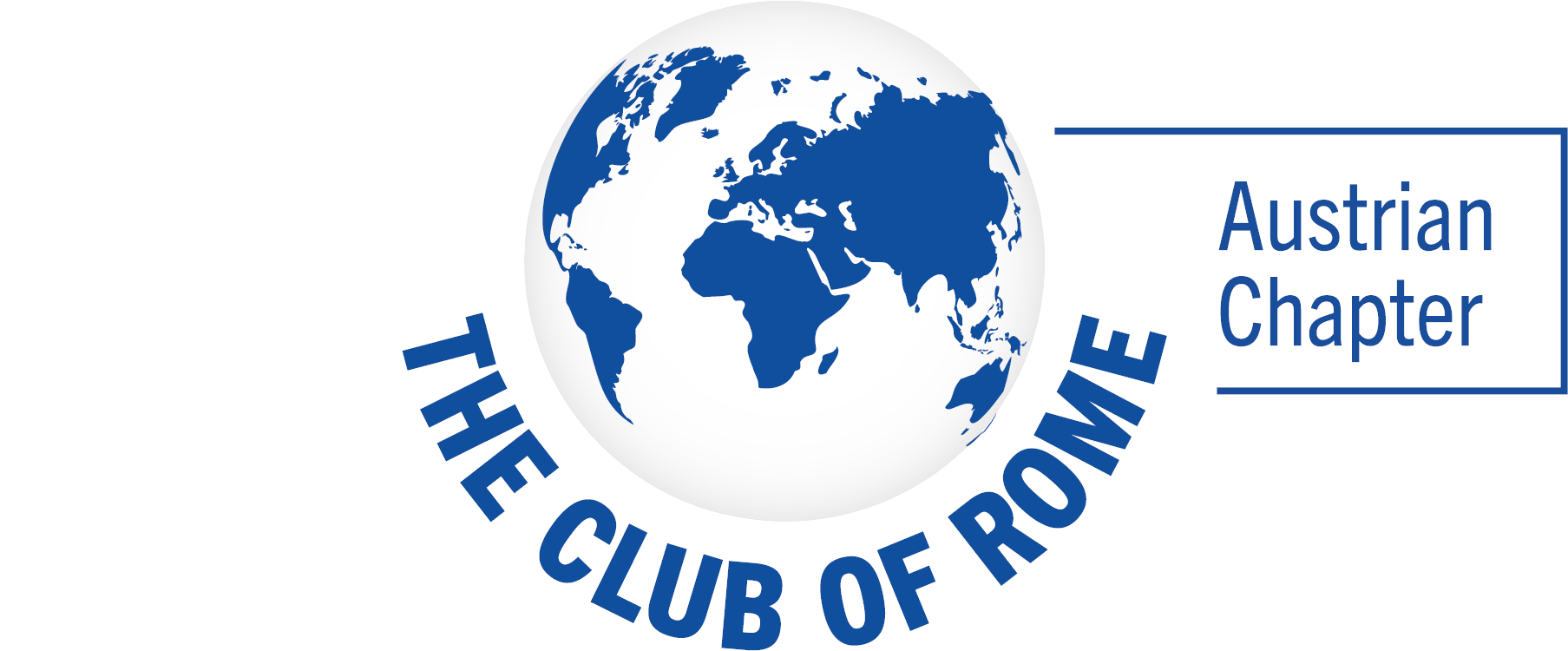in Austria an in Regions
At the beginning of September 2022, two projects were launched that currently form the core of the “Wellbeing-Project “.
In the first project, entitled „SDGVisionPath“, a team of reserchers at the University of Natural Resources and Applied Life Sciences (BOKU), the University of Applied Arts Vienna, the University of Salzburg (“PLUS”) and the cooppa cooperative are working with various experts and stakeholders from Austria to develop transformation paths for visions of the future to achieve the sustainability goals of climate protection (SDG 13), inequality (SDG 10) and decent work and economic growth (SDG 8). It is funded by the Austrian Climate Research Programme (ACRP).
The researchers combine the use of communities of practice (CoP) for stakeholder and expert collaboration with two models that are specifically suited for the interactions between the SDGs and for the integration of stakeholder and expert knowledge. The objectives are in particular
- that experts and stakeholders develop a systemic understanding and understanding of barriers and opportunities for a common problem identification to achieve SDG13, SDG8 and SDG10 in the Austrian context;
- to formulate a vision for the future with stakeholders to understand what kind of life we want to lead in 2050;
- to develop transformation pathways needed to achieve the future vision;
- to identify policy recommendations that are suitable to support the achievement of the future vision.
The project is implemented in cooperation with the UniNEtZ project and various stakeholders such as the Austrian Chapter of the Club of Rome, Scientists4Future, Umweltdachverband and repanet .
More information is available on the project website (in German – English coming soon).
____________________________________________
For adaptation to climate change, as in all areas of sustainability, operationalisable goals must be set whose degree of achievement can then be measured as progress. In doing so, indicators that are also guiding for people are derived from images and stories of the future.
The aim of the second project, which is funded by the StartClim programme, coordinated by Friedrich Hinterberger at the University of Applied Arts Vienna, and carried out in cooperation with the University of Natural Resources and Applied Life Sciences (BOKU), is to develop a replicable method for the development of leading indicators for the comprehensive quantitative measurement of climate change adaptation within the framework of the goals set by climate policy and the 2030 Agenda in a concrete setting (a region) together with decision-makers and experts.
The planned outcome is a specific headline indicator system as a result of the process in the chosen region, the Styrian Salzkammergut. This is embedded in the future images and stories developed by the stakeholders and also enables a review of the success of the adaptation measures in the form of regular “adaptation and sustainability reports”.
The method should then also be applicable to other regions as well as companies/organisations and also to countries and the world as a whole.
More information is available on the project website project website (and soon here).
